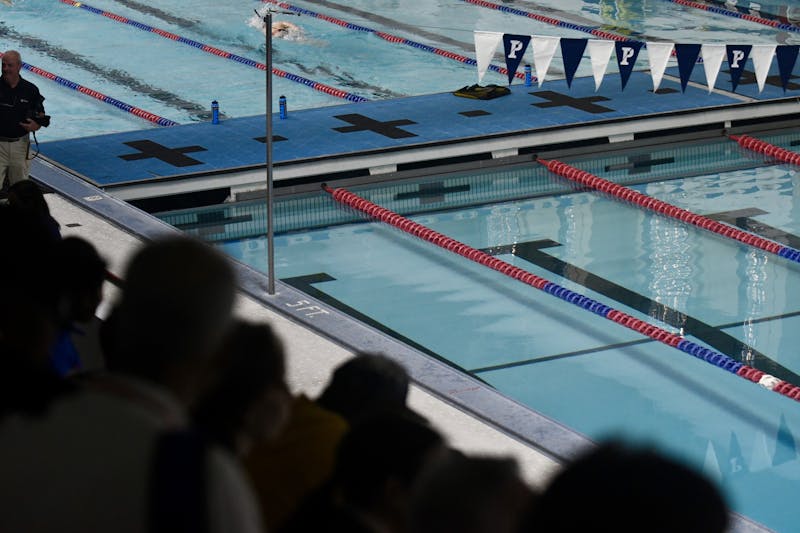Feeble study abroad numbers from campuses across the country have been declared a national liability, according to a new study.
And while University officials agreed that there is room for expansion, they added that Penn's own study abroad program has been at the forefront over the past 10 years.
The recent report released by NAFSA: Association of International Educators states that American programs that incite students to study abroad help to dismantle the image of America as an ethnocentric nation.
The report claims that the federal government should aim to triple the number of students who study abroad by initiating incentive programs such as fellowships.
The report further states that as Americans, "we are unnecessarily putting ourselves at risk because of our stubborn monolingualism and ignorance of the world."
Penn officials were inclined to agree with these conclusions.
"Some of our students are exposed to resentment and downright hostility when they study abroad," Penn's Study Abroad Program Director Geoffrey Gee said. But he added that he thinks these attitudes are temporary.
"People welcome us as tourists and learners and that's not going to change. Our biggest problem would be if we became insular," he said.
The Undergraduate Coordinator of Romance Languages Katrina Glanzer said that Penn's language requirement also encourages students to explore other cultures.
"The language program is designed to give students both linguistic competency and cultural competency," Glanzer said. "Both are critical skills [that allow the students] to immerse themselves in their programs abroad."
Despite continuing threats of terrorism, Penn has seen a steady increase in the number of undergraduate students who study abroad.
Gee said that since 1997 there have been over 500 participants, and since the 2001-2002 year there have been over 600 participants. However, the last academic year saw an overall drop of 30 students in these programs.
Gee noted that these numbers are "certainly significant in the Ivy League."
Along with Cornell and Brown, Penn has one of the highest ratios of students who opt to study in a foreign learning environment for a significant period of time, according to Gee.
The makeup of the Penn student body may influence the high study abroad rates.
"The students who come here have most likely had an opportunity for exposure to an international environment throughout their lifetime," Gee said. "And, often, they're eager to learn more."
Students who have gone abroad back up these assertions.
"People view us primarily through the media and these interactions help to break some of the stereotypes they may hold," said College senior Lisa Ayabe, who studied in Japan for the 2002-2003 academic year.
She added that "you always have to be aware of how you represent yourselves. People may go with the mentality that 'we're American, we're the shit' and that's just going to confirm their generalizations."
College senior Vanessa Bayer studied in Paris last fall. Although she said that she did not find any anti-Semitism or anti-American sentiment, she noted that some French peers were shocked by her knowledge of the French language because of assumptions that Americans only know English.
"It really puts things into perspective," Bayer said of her experiences abroad.
The Executive Director of the Office of International Programs Joyce Randolph said that "if the student participant is integrated as much as possible then there is a very good chance that stereotypes all around will be dispelled... if you stick to an island of Americans then you're not going to get to know that culture."
Randolph noted that members of the European Union have built a tradition of student mobility that encourages students to study in other EU countries.
There are also approximately 100 international students studying on Penn's campus through an exchange program. Randolph noted that these undergraduate students are fully integrated into Penn by living in on-campus residences with other students.
"The undergraduate environment is very welcoming here," Randolph said.
If abroad programs are going to expand, Gee said that the OIP is going to have to "think very creatively about... how to continue to increase the exposure of American students and Americans to the rest of the world."
The Daily Pennsylvanian is an independent, student-run newspaper. Please consider making a donation to support the coverage that shapes the University. Your generosity ensures a future of strong journalism at Penn.
DonatePlease note All comments are eligible for publication in The Daily Pennsylvanian.







